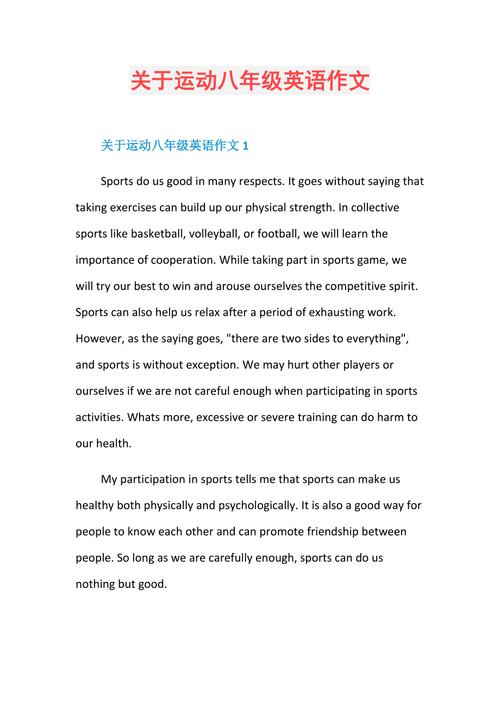1.PromotesPhysicalHealth
The Importance of Physical Education
Physical education plays a crucial role in the overall development of individuals, especially in the formative years of their lives. Here are some key points highlighting the significance of physical education:
Regular participation in physical education classes helps in improving cardiovascular health, muscle strength, flexibility, and overall physical fitness. It also aids in maintaining a healthy body weight and reducing the risk of chronic diseases such as obesity, diabetes, and heart conditions.
Engaging in physical activities releases endorphins, also known as "feel-good" hormones, which help in reducing stress, anxiety, and depression. Physical education not only boosts mood and self-esteem but also improves cognitive function and concentration levels.
Participating in team sports and group activities during physical education classes fosters teamwork, communication, and leadership skills. It also teaches students the importance of cooperation, respect, and sportsmanship, which are essential for building positive relationships with others.
Physical education teaches students the value of discipline, perseverance, and goal-setting. By following a regular exercise routine and balancing academics with sports, students learn how to manage their time effectively and prioritize tasks for better productivity.
By introducing students to a variety of physical activities and sports, physical education instills a love for movement and exercise from a young age. This helps in developing lifelong habits of staying active, leading to improved overall health and well-being in the long run.
Research has shown that regular physical activity can enhance cognitive function, memory retention, and academic performance. Students who participate in physical education classes tend to have better focus, higher attendance rates, and improved grades compared to those who do not engage in regular exercise.
Physical education complements academic learning by providing a holistic approach to education. It nurtures not only the physical but also the mental, emotional, and social aspects of an individual, leading to a well-rounded development of students.

In conclusion, physical education is an integral part of a comprehensive education system that focuses on nurturing the overall well-being of students. By emphasizing the importance of physical activity, schools can help students lead healthier, happier, and more successful lives both in and out of the classroom.
